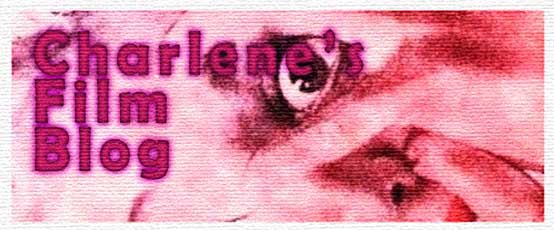 Written by: Quentin Tarantino
Written by: Quentin TarantinoDirected by: Quentin Tarantino
Starring: Christophe Waltz, Brad Pitt, Melanie Laurier, Daniel Bruhl, Diane Kruger.
Rating: 6/10
Wouldn’t life be so much easier if there were only good movies and bad movies? Mr. Tarantino has, yet again, frustrated the hell out of this reviewer by delivering a film which is in equal measure both exhilaratingly clever and incessantly indulgent. That’s the conundrum of Quentin Tarantino. We all know he’s got skills, and he’s got a certain trademark visual and rhythmic style but does he always have to sell his trademarks so heavily in every movie?
Inglorious Basterds is a particularly frustrating piece of work. The plot of the film follows a bunch of American Nazi hunters, the titular Basterds and a female (incognito) Jew who runs an art cinema. Both factions are, unbeknownst to each other, plotting to use a particularly high-falutin’ film premiere to blow up several of the most important Nazi leaders, including Der Fuhrer himself.
The plot is beautifully woven and the stories are intertwined nicely and delicately. Mathematically, everything in the script fits neatly together perfectly. However, as the long, drawn out scenes of Tarantino’s trademark witty banter continue to slow down the film, the audience can’t help but lose interest somewhat. The film feels as if it is compiled of about twenty very long dialogue sequences, and at a running time of over two and a half hours, one can only feel that there’s nothing but benefit in cutting a good 45 mins of useless, but oh-so-edgy dialogue out of it. Each sequence does push the story along, but only after putting the brakes on the pacing for at least ten minutes.
Negative aspects aside, there’s plenty to admire about Inglorious Basterds. The best thing, by a million miles, is Christophe Waltz’s maniac Nazi Hans Landa; a brilliant character, an even more brilliant performance and a crazy twist in the tale that truly makes it all worthwhile. In fact, it is all the European actors who stand out in the film. The supporting cast are great for the most part, despite a very conspicuous and unfunny cameo from Mike Myers. The American actors are quite irritating in their brashness (though I’m sure that’s the point). Brad Pitt’s southern drawl grates after about two minutes and his is a one-joke character. He’s a meat-head and a brute and likes to say “killin Neeeh-tzees” a lot. Tarantino insists, again, on casting his friend Eli Roth, who is actually a worse actor than he is director, as Donny Donowitz a notorious Nazi killer. In fact most of the scenes of the Basterds play out like Team America.
The cinematography in this film deserves definite mention, Tarantino sticks to his signature palette of rich primary colour and it works to tremendous effect here, with the cameras eye particularly focussed on swastikas, which appear in almost every scene. The film’s design, costume and movement are beautiful and luxurious to behold. As usual, Tarantino goes for the pop culture soundtrack which is jarring and doesn’t work as well as it does in his previous films, most likely because this is such a period setting. He also chooses to do things like introducing certain characters with their own freeze frame with their name blasted across the screen, and a very intermittent narration from Samuel L. Jackson. Because of their sporadic nature, these features seem really out of place and work to no great effect. As usual, style over substance.
Stuck in development hell for years, it’s a dreadful shame that the director couldn’t just rein his ego in enough to pare it down and make it the brilliant film it should have been and very nearly was. Some poor choices aside, it has a really great plot, a fantastic breakthrough performance from veteran German actor Christophe Waltz and beautiful cinematography. A very strange ending may leave you either stumped or exhilarated, depending on your mood by the end.
- Charlene Lydon

No comments:
Post a Comment